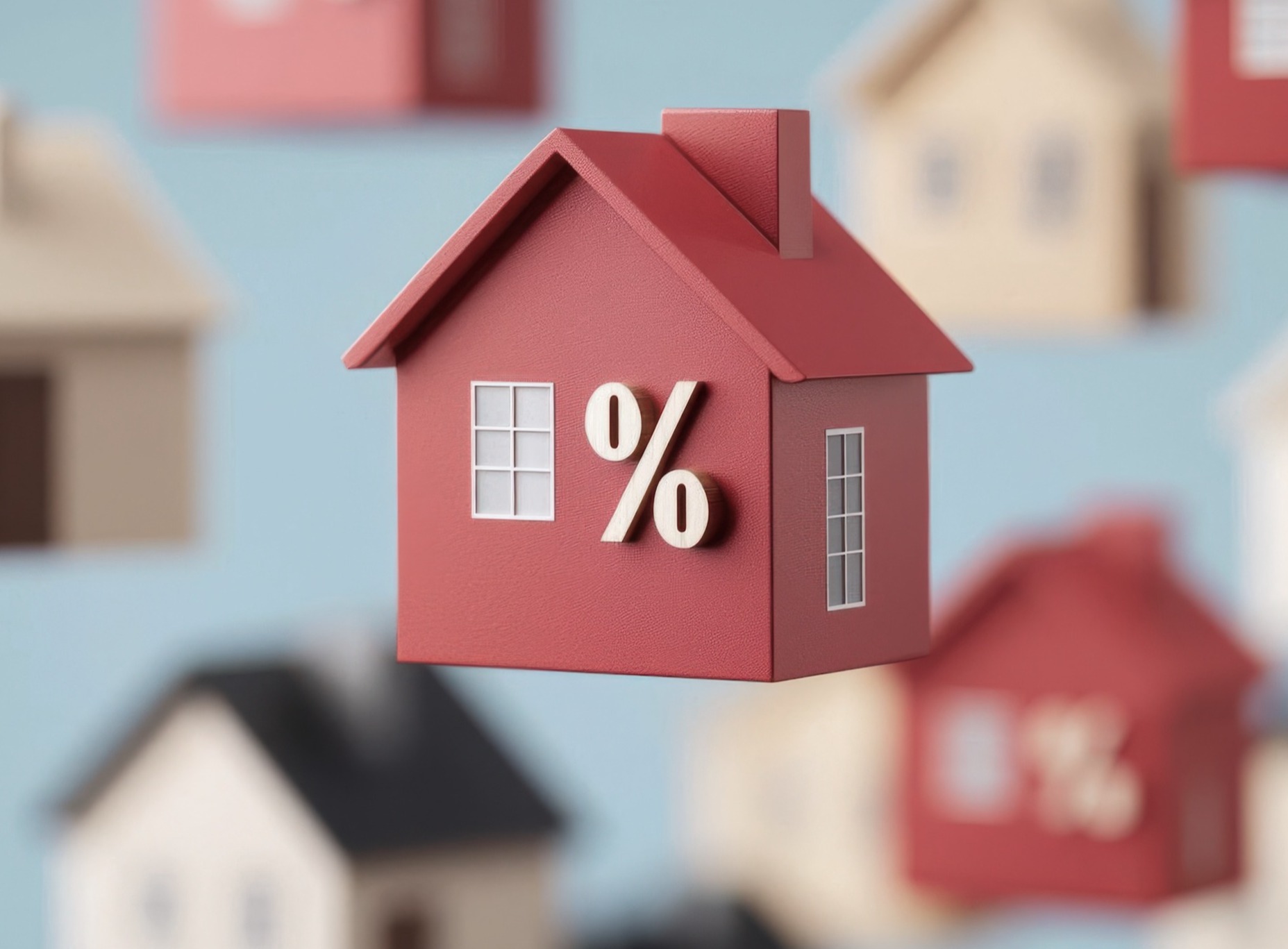Any regular overpayment can help you pay less in the long term. If you want to understand how much less, there are a few independent calculators that can show you.
The Money Savings Expert has a useful overpayments calculator that will show the impact of making regular overpayments or lump sum payments for the remaining term of your mortgage.
You will need to know your outstanding mortgage balance, the remaining mortgage term, and your current monthly payment amount. Then if you insert the amount you would like to overpay and how often you intend to make the payment, the calculator will show you how much you could save in interest and how much earlier your mortgage will be paid off. Find out more here.
If you’re not sure whether to save any spare money or overpay on your mortgage, the calculator will also let you compare overpaying on your mortgage with a savings account.

Some mortgages have overpayment limits which will be detailed in the original terms of your mortgage.
For example, if you’re in
your initial fixed or tracker period, it’s likely any overpayment over £5,000 will attract an Early Repayment Charge (ERC).
If you overpay by more than your limit you will need to pay an Early Repayment Charge (ERC). Make sure you know what your limit
is, and the affect an ERC may have on your mortgage.
If you’re not sure about the limits that apply to your mortgage, check your
mortgage conditions, or speak to our team on 0333 300 0921.

If you decide to overpay, you could make regular overpayments via the phone, online banking, using our online services, or you
could set up a Standing Order.
Things to consider:
- There are some daily/ monthly limits that restrict how much we can accept via the phone, or our online services. If you’re unsure, our team can help you.
- If you’d like to set up a Standing Order, or make Faster Payments via online banking, and you need our current bank account details, please call us on 0333 300 0921.
- If you prefer to make overpayments as and when you have spare cash, you could also make one-off lump sum payments.
- Depending on the overpayment amount, we may ask you for evidence of the source of funds. This is so we comply with the anti-money laundering legislation. For example, we may ask you for bank statements that will help us identify where the money came from.
Remember to quote your mortgage account number as a reference when making any overpayment.

Any overpayment you make means you will pay less interest. We calculate interest on your mortgage daily, so any overpayments will reduce the interest you pay from the following day.
Assuming your initial fixed or tracker period has ended, you will not be charged an ERC and overpayments will be treated in accordance with your original mortgage conditions.
- If you took your original mortgage with Kensington from the 31 March 2017, we would automatically reduce your balance and adjust your regular monthly payment when your total overpaid amount is greater than £5,000.
- Whilst your total overpaid amount remains under £5,000 you will benefit from reduced interest, but we will not make any changes to your regular monthly payment unless you ask us to.
- If you took your original mortgage with Kensington on or before the 30 March 2017, or Kensington purchased your mortgage from another Lender. You will benefit from reduced interest charging but we will not adjust your regular monthly payment unless you ask us to. If you would like us to adjust your monthly amount, you must have a total overpaid amount of at least £500.
